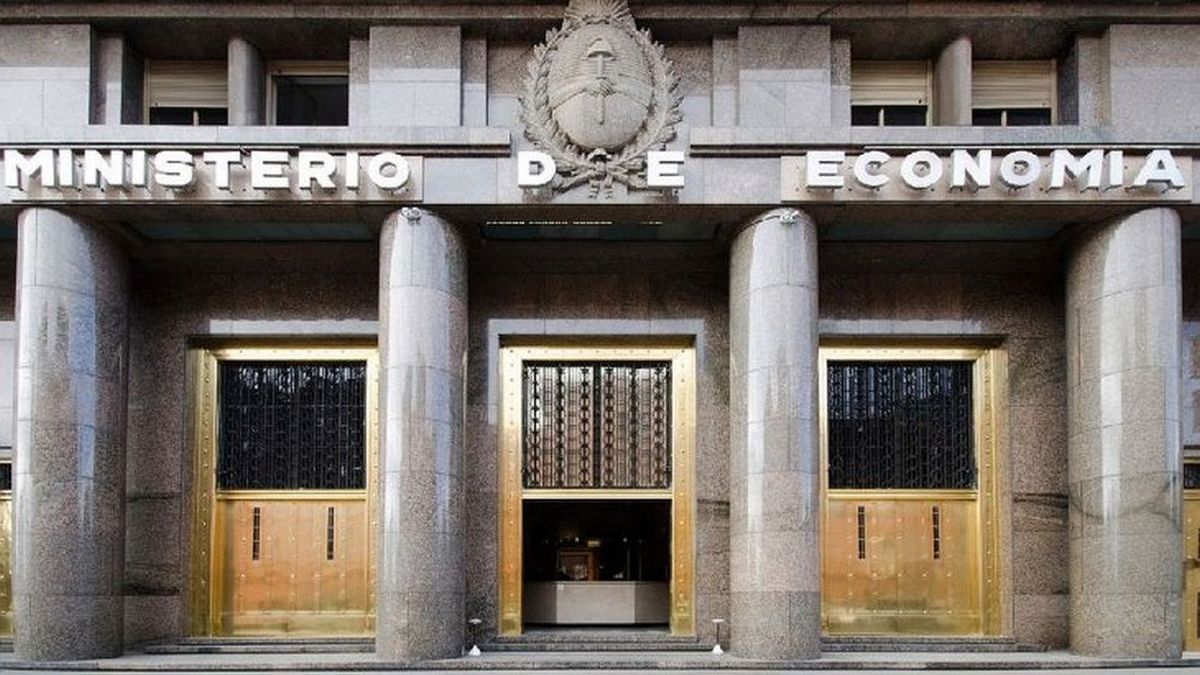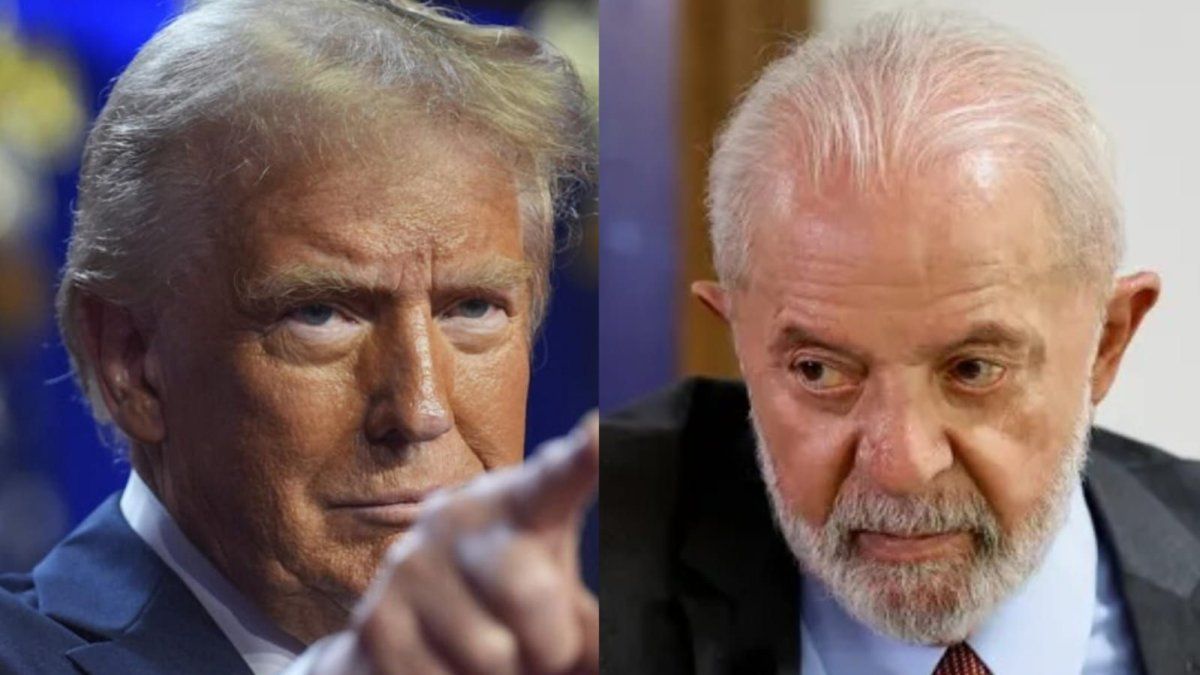Chemistry
BASF looks to 2025 with muted confidence
Copy the current link
Lower costs and more efficiency is the slogan of the BASF board. The billion-dollar austerity programs are already having an impact.
The world’s largest chemical company BASF is pushing ahead with its austerity program and is looking to 2025 with muted confidence. “The price pressure is easing a little. We are looking upwards,” said CFO Dirk Elvermann in a telephone conference. The management of the Ludwigshafen DAX group is therefore cautiously optimistic about business next year. In order for this to be successful, the chemical giant also has to do its homework, emphasized Elvermann, with a view to the group restructuring and the billion-dollar savings plans.
“We are well on the way to achieving the targeted annual cost savings of 2.1 billion euros by the end of 2026,” reported the CFO. The programs announced in February last year are currently being implemented. By the end of September of the current year, the company had already achieved ongoing cost savings of around 800 million euros. According to Elvermann, the one-off costs for this amount to around 500 million euros.
High cost savings in view
The chemical company expects ongoing cost savings of more than 800 million euros annually by the end of this year and associated one-off costs of around 550 million euros, the CFO announced. BASF is also making progress with the program launched this year to improve the competitiveness of the Ludwigshafen site. The units at the company’s largest location have recently been informed about the contribution they each have to make by the end of 2026.
Elvermann and BASF boss Markus Kamieth did not provide details about this or how many employees will be cut due to the cost savings and corporate restructuring plans. In addition to the savings program that has been running for two years, annual costs of one billion euros are to be saved at the main plant by the end of 2026. Since around 80 percent of this sum should be fixed costs, this will also involve job cuts, explained the CEO. Basically, every stone in Ludwigshafen has to be turned over in order to achieve the goal.
More net profit in the third quarter
The management of the DAX group justified the downsizing at the headquarters by saying that 78 percent of the approximately 160 plants in Ludwigshafen were competitive. However, in 22 percent of the investments there is a risk that this will no longer be the case. The closure of chemical plants and job cuts were therefore not ruled out. BASF has around 112,000 employees worldwide.
In the third quarter, the chemical giant’s sales remained at the previous year’s level at 15.7 billion euros. Operating profit adjusted for special items increased by five percent to 1.6 billion euros. The bottom line is that shareholders made a profit of 287 million euros – after a loss of 249 million euros a year earlier.
Weak auto industry weighs on chemical company
The Board of Directors lowered its expectations for the current year: Earnings before interest, taxes, depreciation and special effects are currently expected to be at the lower end of the forecast range of 8.0 to 8.6 billion euros.
CEO Kamieth justified the expectation, among other things, with the difficult situation in the automotive industry worldwide. The signs in the industry are currently not positive. There is only slight growth in the industry in Asia, but this is below original expectations.
BASF is holding back on investing in its battery business due to weak demand for electric cars. However, he remains optimistic about business in China in the medium and long term. Around 15 to 20 percent of the chemical company’s total sales are related to automobiles, explained the BASF boss.
Annual general meeting next year only virtual
The shareholders of the DAX group are also feeling the effects of the Ludwigshafen-based company’s savings plans: the chemical company wants to hold its annual general meeting next year exclusively virtually. But this is not yet a fundamental decision for the next few years, emphasized the BASF boss. After the virtual shareholder meeting, the processes should be analyzed and a decision should then be made about the future organization of the general meeting.
dpa
Source: Stern




